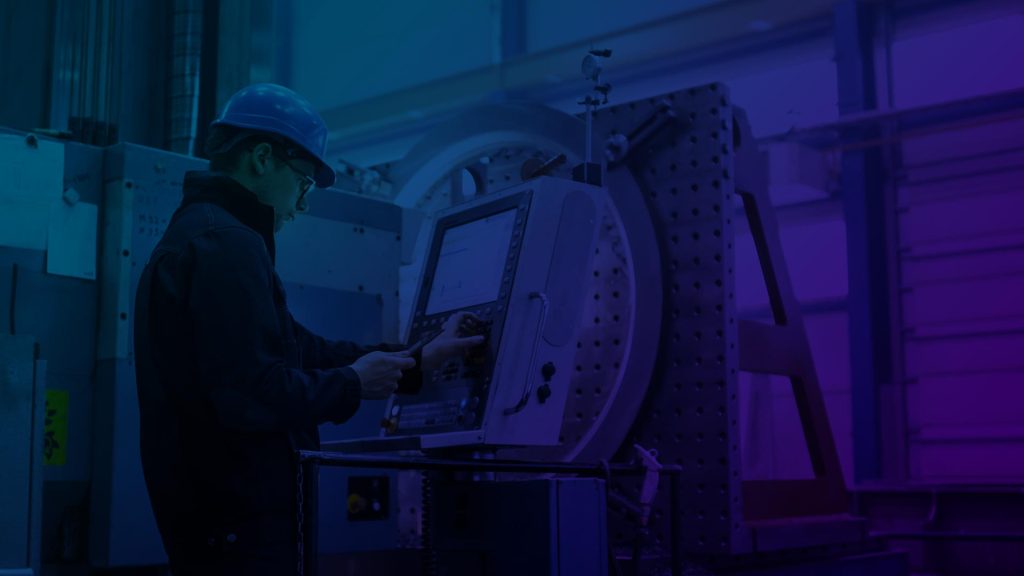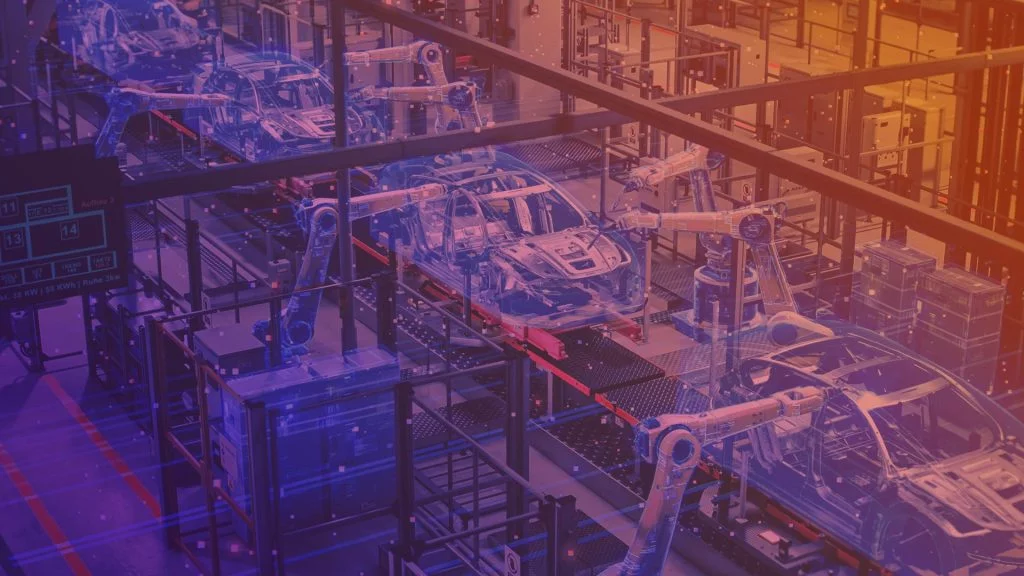
MES System – Manufacturing Execution System – ANT Solutions
System MES – Manufacturing Execution System 0 % operating time increase 0 % defects quantity reduction 0 % material consumption reduction 0 % changeovers time
Manufacturing software for the automotive industry is a type of solution that is specifically designed to help automotive manufacturers manage their production processes and comply with exacting standards like IATF 16949. It is a comprehensive software solution dedicated to OEMS, Tier 1, 2 and 3. It supports low volume with very high complexity or high volumes of low complexity items with manual, automatic, or semi-automatic production, on top of that integrating with the manufacturer’s existing systems, such as ERP, CMMS, and PLM systems, to provide a real-time view of the production process.
Software for the automotive industry can be used to:
A dedicated IT solution for the automotive industry is essential for manufacturers who want to improve their efficiency, quality, and productivity. By automating and streamlining tasks, software solution can help manufacturers to reduce costs, improve customer satisfaction, and maintain compliance with industry standards.




System MES – Manufacturing Execution System 0 % operating time increase 0 % defects quantity reduction 0 % material consumption reduction 0 % changeovers time

Computerized Maintenance Management System (CMMS) Plan, manage and react with CMMS System by ANT. The best maintenance system for equipment performance in your factory. It

Quality Management System (QMS) Control production processes to maintain production consistency. Standardize operations and monitor adherence to standards set in the plant. Reduce defects, optimize
Analyse OEE (availability, performance, quality), its produced volume and machine states. Make decision based on real data gather from machines. Find out what blocks production from maximum efficiency.
To monitor and analyse production, collect signal values from the PLC and the automation level. To provide comprehensive traceability, data is tracked and traced back to an ongoing production order and serialised product.
Guide operator through multi-operational production on automatised line. Automotive industry requires full traceability including process and operational monitoring.
An e-drive, or electric drive, is a system that uses an electric motor to convert electrical energy into mechanical energy, powering the wheels of electric vehicles (EVs). E-mobility production refers to the entire process of designing, manufacturing, and marketing electric vehicles and their associated infrastructure.
E-drives typically consist of three main components: the electric motor, power electronics, and a transmission system. The electric motor generates torque by converting electrical energy to mechanical energy. Power electronics control the motor’s operation by regulating voltage, current, and frequency. The transmission system then transfers the generated power to the wheels of the vehicle.
E-mobility production encompasses not only the manufacturing of electric vehicles but also the development of charging stations, battery technology, and various support systems required to maintain and promote the adoption of electric vehicles. It is a rapidly growing industry, driven by increasing environmental concerns, government incentives, and technological advancements.
At ANT Solutions, our state-of-the-art MES (Manufacturing Execution System) solutions are designed to help propel the automotive industry into a sustainable future by supporting e-mobility production. As the demand for electric vehicles continues to surge, we understand the significance of e-drive systems and the need for a seamless and efficient manufacturing process. Our MES software offers unparalleled visibility, control, and optimization of e-mobility production, including electric motor assembly, battery technology, and charging infrastructure.
By integrating with Industry 4.0 technologies, our robust MES platform enhances overall production efficiency, reduces operational costs, and ensures regulatory compliance. With ANT Solutions at the forefront of e-mobility production innovation, we are committed to driving the success of your automotive business while contributing to a cleaner, greener future for all.

The Rise of Electric Vehicles has become a global phenomenon in recent years. With increasing concerns about climate change and the need to reduce greenhouse

The need for environmentally friendly solutions in industry has revolutionised the automotive industry. Vehicles with internal combustion engines are now increasingly being replaced by their

Manufacturers operating in the automotive industry are currently facing a major challenge – maintaining competitiveness while mitigating the environmental impact of production processes requires them


Production management and consistent pursuit of high quality of products – irrespective of the industrial sector or final goods – is closely linked to the

Making the decision to implement a manufacturing execution system is just the tip of the iceberg. The next stage is to refine the details of

Modern factories must constantly develop and raise efficiency indicators to achieve and maintain a strong market position. One of the ways to do this is

Download Return of Investment (ROI) Document in Molding Injection Machine Industry